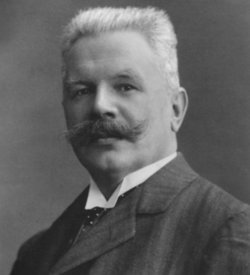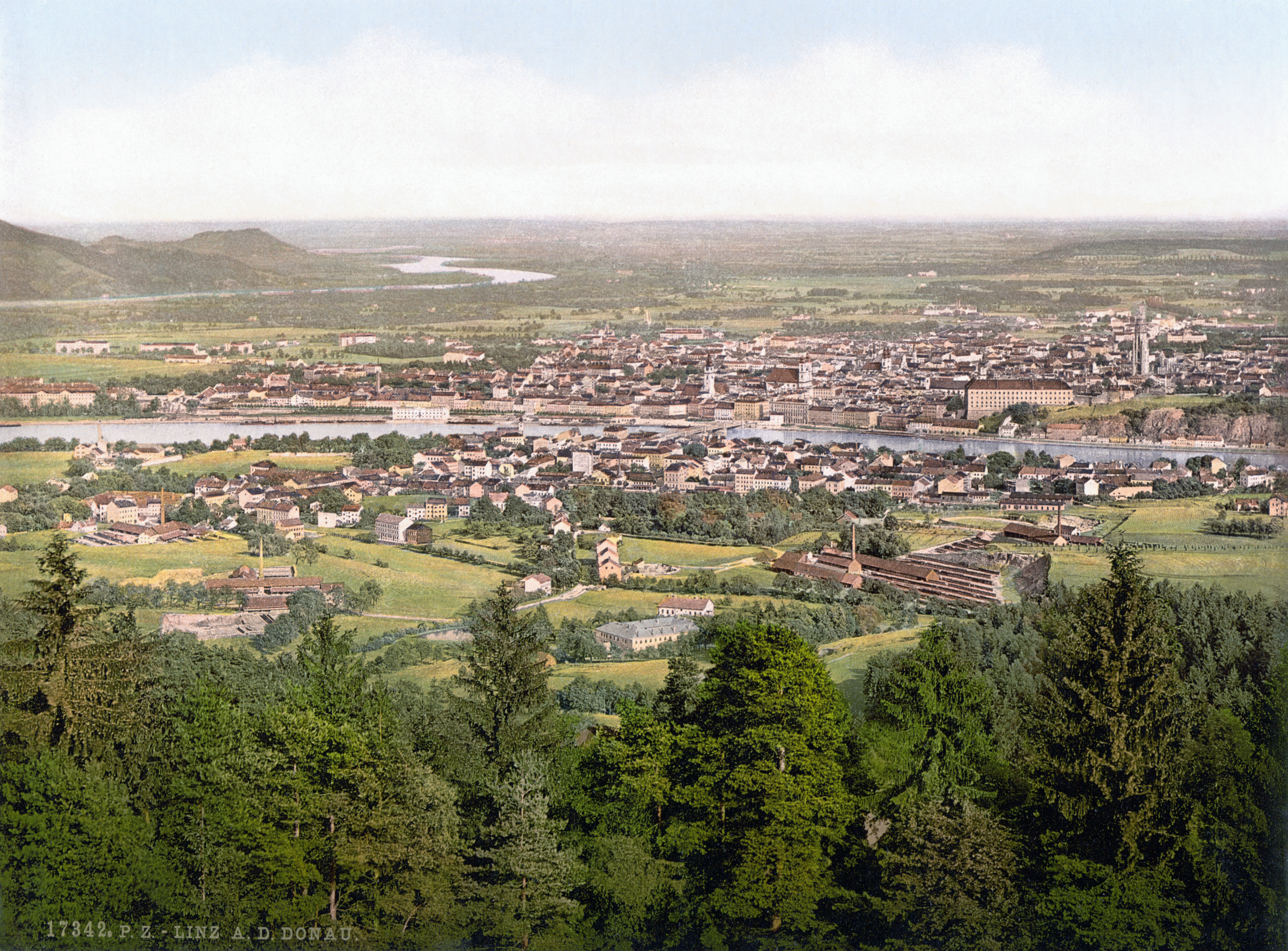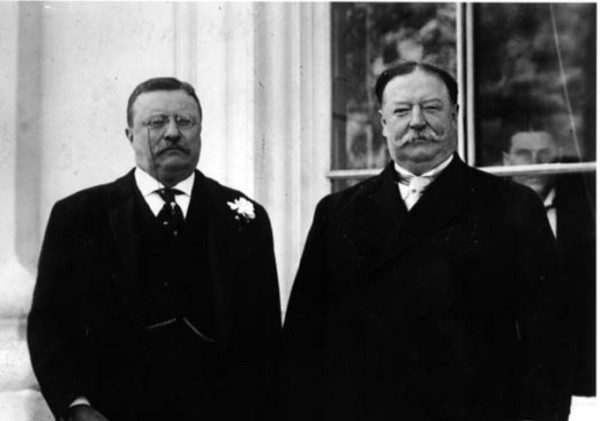Not Today
Not Today
Bergen, Norway
November 1905
Smoke rises from the city. The sounds of artillery shells landing somewhere in Bergen annoyed its citizens. An orchestra of guns surrounding it faced the coast. The Swedes who were besieging Bergen were preparing for the order to attack in a few minutes. To them, this was to be their final triumph over the Norwegians. Or so they thought.
While he was planning for the attack, Knut Bildt was startled by the sounds of one of his staff officers. When he arrived, he was panting heavily and sweat was trickling down his head. The young man looked as if he had just run an Olympic race.
"Sir, there are several ships out near the coast but they are neither ours nor are they Norwegian!" the young officer reported. Knut froze for a moment before asking "Could they be German?". The young officer replied no. At this point, the commander decided to walk out of his tent and check for himself what all the commotion was. To his shock, he encountered several cruisers sailing near Bergen.
And they were all flying the Union Jack.
***
The intervention of the British in the Scandinavian war sent shockwaves in Stockholm and Berlin as both nations scrambled on how to deal with it. With the very real threat of British ships opening fire on the Swedes, Berlin urged Stockholm to cancel their planned attack out of fear. Soon after the arrival of the ship, Lord Balfour sent a telegram. He demanded that the swedes declare an armistice and start negotiations with the Norwegians otherwise the British would declare war. Fearing such an event and with the advice of the Germans, the Swedes had no choice but to seek a ceasefire with the Norwegians and start negotiating.
Both sides decided to host the negotiations in the neutral Netherlands. In January 1906, delegates arrived in Amsterdam to present their proposals and hammer out a peace agreement that would be satisfying to both Great Powers. Although the Swedes demanded that Norway be reintegrated into the union, the British and the French flat out refused such a thing. After weeks of bitter negotiations and backroom deals, the Treaty of Amsterdam was signed by all nations.
Provisions of the Treaty of Amsterdam:
1. Sweden shall withdraw all its troops from Norway.
2. The independence of Norway shall be recognized.
3. In return for the recognition of Norway, Sweden will be financially compensated for its loss.
4. In return for independence, Norway shall remain neutral but would be assisted in case of invasion by either side.
With the agreement of all sides, Swedish troops started withdrawing from all over Norway, especially Christiania in March 1906. A month later, Norway would officially declare independence and invite a Danish prince to become their king, Haakon VII.

War monument in Oslo, erected on the city square on the 25th anniversary of the country's fight for independence.
Meanwhile, the Swedish people were bitter. They had just fought an insurrection that was going their way until they were forced to stop by the Great Powers, making it all for nothing. The Socialists gained more popularity among the working class alongside the Social Democrats, and the Liberals gained more support among the middle class.
In the 1906 general elections, the Free Minded National Association swept into power with the Social Democrats coming in 2nd place. Karl Staaff became Prime Minister with the support of both his party and the Social Democrats. After forming a government, Karl sent a request to the Germans asking for negotiations in joining the Triple Alliance. After losing a war against Norway, the country no longer regarded itself as a neutral country. Therefore, it was important that Sweden looked for an alliance to join and there was already one waiting in the distance.

Karl Staaff (1860-1915)
Prime Minister of Sweden (1906-1914)
In Berlin, von Bulow was excited as it meant adding a new member into the Alliance in case of a potential war. Both sides soon held talks regarding Sweden's accession and treaty compatibilities. In June, Kaiser Wilhelm III went on a state visit to Sweden and toured the country from Malmö to Stockholm. During his trip, he talked with both the King and Staaff regarding the Alliance's obligations and his view on Sweden's membership. In his words, the emperor said he was okay with such a thing and was rather open to it.
With the Kaiser's approval, the talks picked up steam until it was all set and agreed that Sweden would join the Triple Alliance. In case of war between Germany and Russia, Sweden would join in the fight. But in case of war with France or, God forbid, Britain it would be neutral. With both Staaf and von Bulow content, the agreement was signed in Stockholm and Sweden fully became a member of the Triple Alliance.
This caused concern in Britain. So much so that Edward VII went to visit Wilhelm to discuss the growing tensions between the two nations. One point especially was the issue of the navies. While Britain's Royal Navy had always dominated the world's oceans, Germany always wanted to have its place in the sun like the other Great Powers. To achieve this, the Germans heavily funded the expansion of the Imperial Navy, the Kaiserliche Marine.
While Edward tried to convince Wilhelm to limit his navy's expansion, Wilhelm refused as it would be seen as a weak move. For Germany to be respected, he argued, they need a powerful navy to show the world that it was on par with the other nations. Soon, the two kings butted heads and talks went nowhere. Feeling disappointed, Edward left and the young Kaiser was left contemplating what this would all mean. He would, later on, find out what this all meant to come to.
Last edited:


